The Association of Convenience Stores has rejected renewed calls for bottle deposit return schemes despite an increase in glass and plastic receptacles on the UK’s beaches.
The precedent for successful cohesive government and industry action can be seen with the successful introduction of the 5p plastic carrier bag charge.
New research from the Marine Conservation Society (MCS) has identified the number of plastic bags found on 364 beaches around the UK has almost halved since the previous year’s “Great British Beach Clean”.
The MCS believes the charge at the checkout, which is in place across the UK, is responsible for the huge decline.
However, drinks containers, bottle caps and lids found on beaches climbed 4% in September, compared with the previous year’s beach clean-up initiative.
Green Party co-leader Caroline Lucas has launched an Early Day Motion (EDM) calling for a parliamentary debate and inclusion in the government’s imminent National Litter Strategy of a Deposit Return System to “help ensure that these bottles and cans stay in the recycling economy rather than polluting our environment”.
Such systems were commonplace until the 1980s and 11 other European countries have them.
The EDM says a deposit system would “help dramatically increase the collection rate of plastic bottles and other containers”.
The Association of Convenience Stores (ACS), which wants to see all stores charge for plastic bags – small stores are exempt in England – opposes mandatory bottle deposit schemes.
James Lowman, chief executive of the ACS, said the introduction of a deposit return scheme for bottles would place unnecessary burdens on small stores.
The need to have “reverse vending machines” would be expensive and impractical, he believes.
“Additionally, if only large stores were to feature reverse vending machines this would encourage people to store up their bottles and go to bigger stores instead of shopping locally.
“We believe that the existing kerbside recycling facilities available in the UK are sufficient,” Lowman said.
However, some retailers feel the extra work involved would be worthwhile if it means helping the environment.
David Wyatt, manager of Costcutter Snowhill in Crawley, West Sussex, said: “I think it would be quite onerous but for the bigger picture, if they could be taken back and recycled that would be a good thing.”

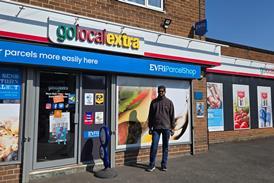





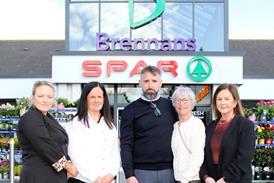
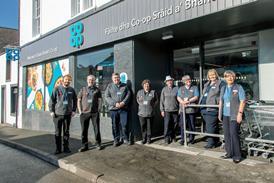


![WG-4003[58]](https://d2dyh47stel7w4.cloudfront.net/Pictures/274x183/4/5/1/353451_wg400358_6083.jpg)


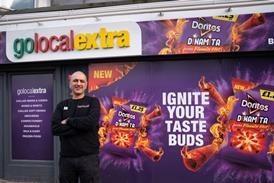

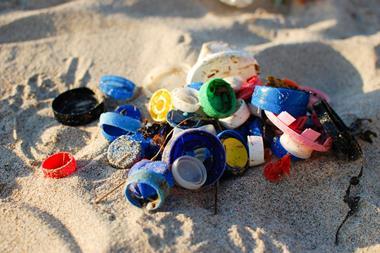
1 Readers' comment